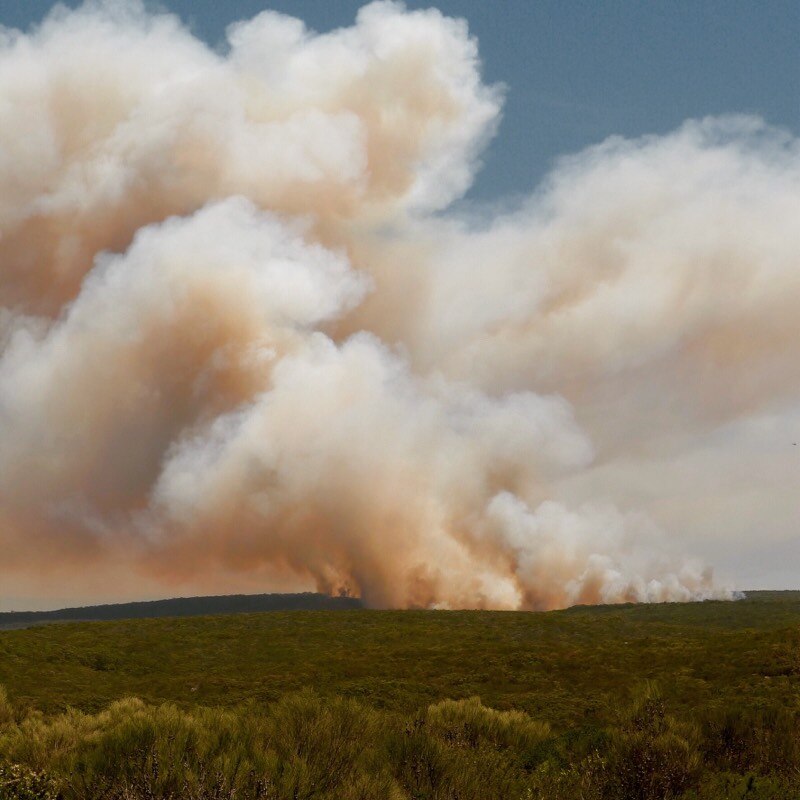The Gang-gang Cockatoo: Observations in the Wild and in Rehabilitation
December 2025
For emergency rescue support 24/7 please call 1300 094 737

NSW is again in a State of Emergency, there are currently 135 fires still burning in NSW, over 4 million hectares of land has already been burnt and the state is bracing for worse to come over the weekend.
With communication so difficult at this time there will be areas where we cannot get local rescue alerts out to our volunteers. Where some alerts may be received it may also be impossible for any volunteers to safely respond.
In many areas, particularly the South Coast, communication is currently a massive issue. Power outages have knocked out phones and computers and made it impossible to recharge devices and with many telecommunications towers being impacted, many areas also have no or limited mobile reception. In addition there are many areas that are unsafe to visit and many volunteers have either had to evacuate or may need to evacuate their properties.
For all community members in fire affected areas, particularly those on the South Coast at this time, please use the following emergency advice as a guideline to assist any wildlife in need that you find over the next few days.
All wildlife that is sick or injured, particularly animals suffering from burns and/or smoke inhalation need to be assessed by a vet before coming into care. It is critical to get sick and injured wildlife vet treatment as quickly as possible to increase their chances of survival and most vets will treat wildlife free of charge.
The majority of rescues reported relate to birds, possums, lizards, turtles, small mammals and orphaned joeys found during pouch checks of macropods and wombats, for these animals:
1) If you have found a sick, injured or orphaned animal, remove any threat to the animal. This includes keeping people and pets away from the animal to minimise stress.
2) Where it is safe to do so, please contain the animal in a dark, quiet place for transport to the vet e.g. gently wrap the animal in a 100% cotton pillowcase or similar and place it in a ventilated box with a lid. When taking a wild animal to a vet please also make sure the vet is told the EXACT location where the animal was found as that information is critical to successful releases post recovery.
3) You can offer the animal a small amount of water in a shallow container and allow it to self-access but do NOT give the animal any food or attempt any other treatment, unless instructed to by a vet or experienced wildlife carer.
DO NOT approach snakes, monitor lizards (goannas), bats (flying-foxes or microbats), adult macropods (e.g. kangaroos or wallabies) or raptors (e.g. eagles, falcons or hawks). These animals require specialist handling and MUST be rescued by trained wildlife rescuers. Please call WIRES Rescue Line for advice and assistance on 1300 094 737 and if you are having any trouble getting through you can report the rescue online using this form: https://www.wires.org.au/rescue/report-a-rescue
For any animals that you transport to a vet, if you also report them to WIRES using the online form link above, including information about the vet you took the animal to, WIRES will follow up directly with the vet to coordinate carers as needed.
Stay in touch and get our regular rescue stories, WIRES updates and a free copy of our 15 Ways to Help Wildlife ebook
November 2025
November 2025
September 2025
August 2025